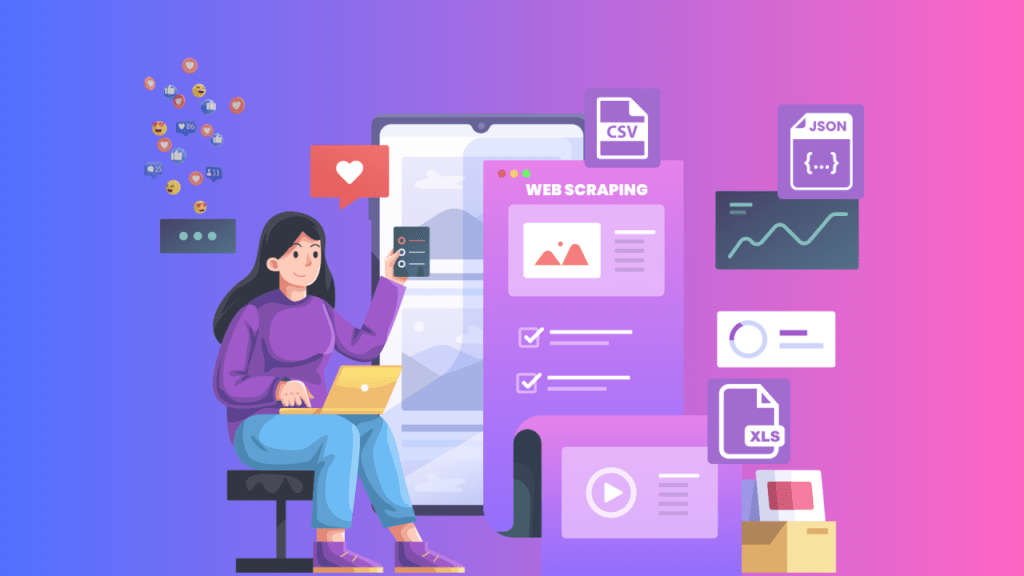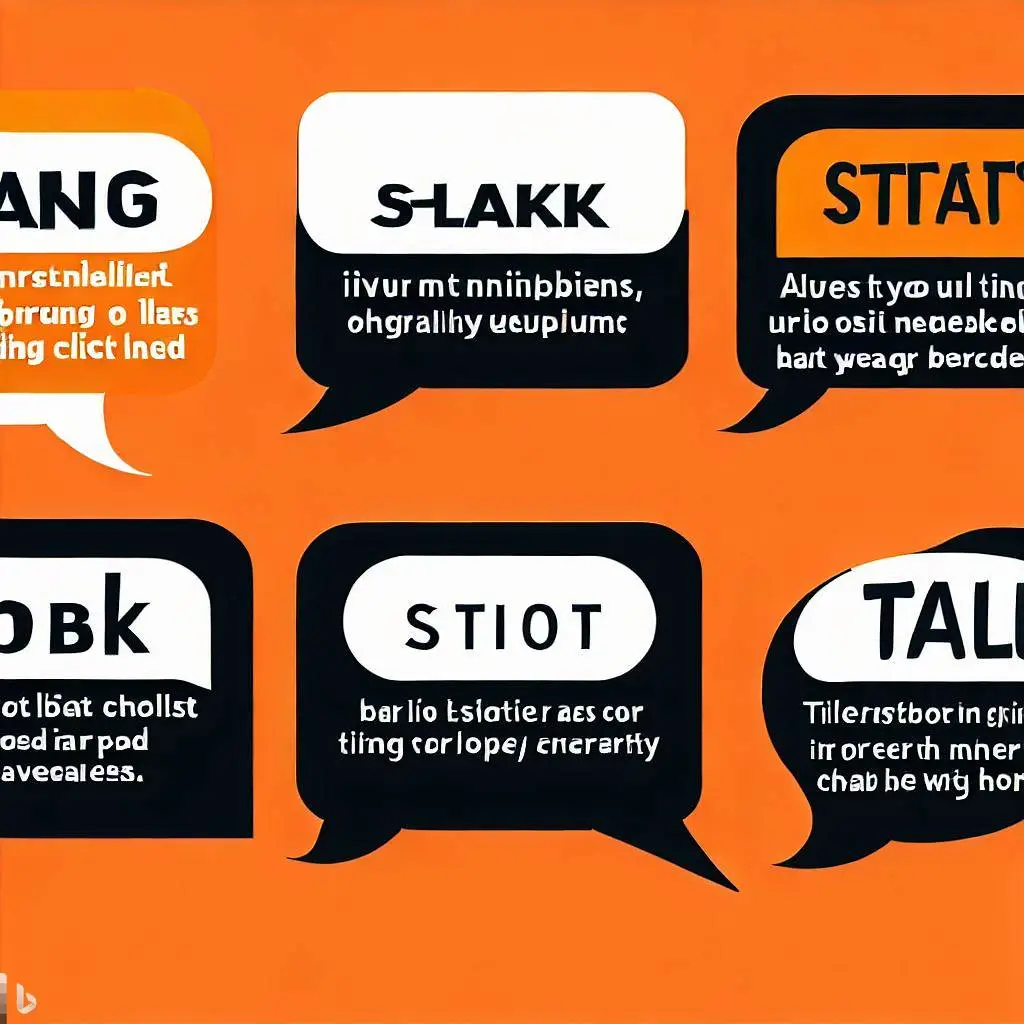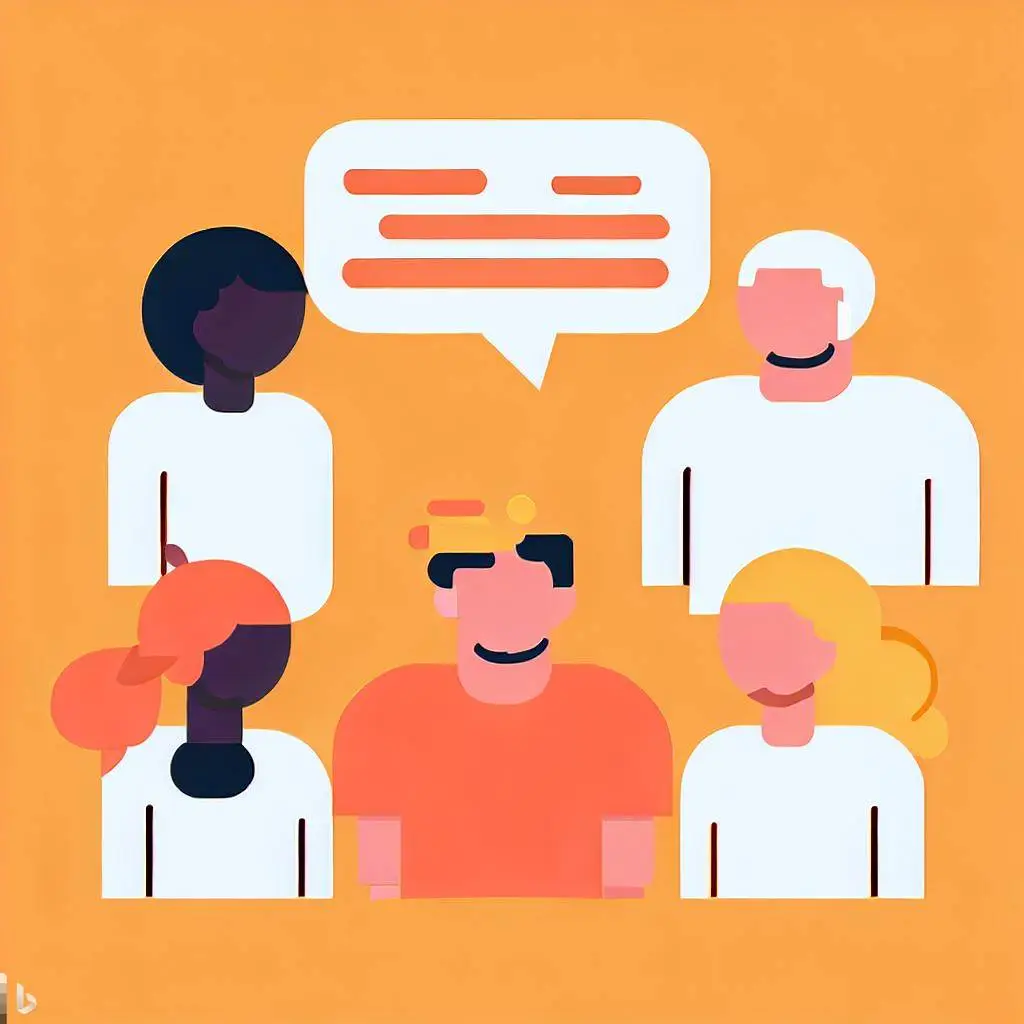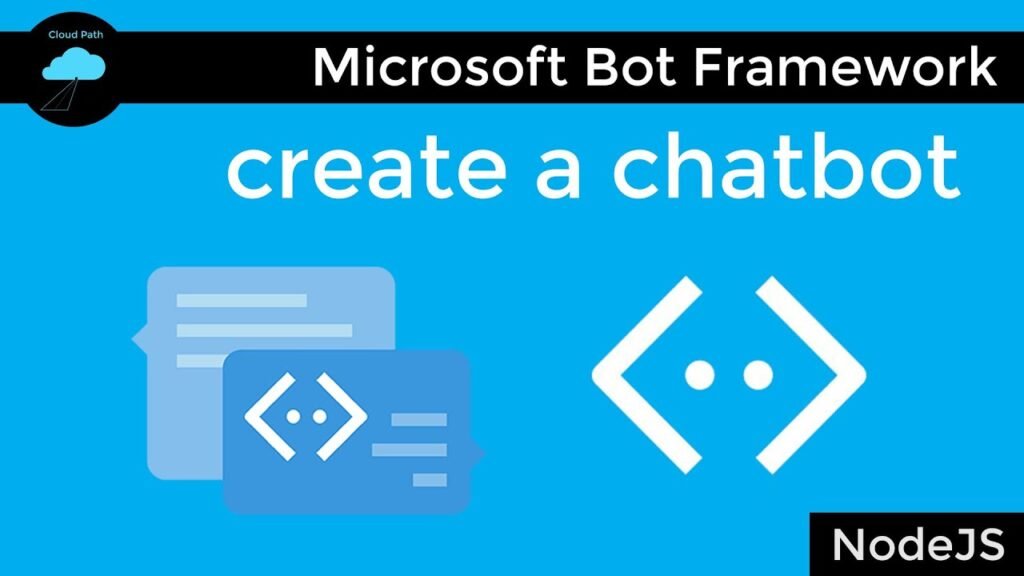Introduction:
Artificial intelligence (AI) has been transforming the way we work for years, but with the rapid advancement of technology, it is poised to change the workforce in ways that we can’t yet fully imagine. The impact of AI on the job market is a topic of great concern for both individuals and organizations alike.
In this blog post, we will explore the potential impact of AI on the job market, as well as ways in which individuals and organizations can adapt to this rapidly-changing landscape.
The Potential Impact of AI on the Job Market:
AI has the potential to automate many jobs that are currently done by humans. According to a report by McKinsey & Company, up to 375 million workers globally may need to switch occupational categories and learn new skills by 2030 due to the increasing adoption of AI and automation. This means that many traditional jobs, such as those in manufacturing, transportation, and retail, may be at risk of becoming obsolete.
However, it’s not all doom and gloom. AI also has the potential to create new jobs and industries. For example, as companies implement AI solutions, they will need employees who can design, develop, and maintain these systems. Additionally, there will be a need for workers who can analyze and interpret data generated by these systems.
Adapting to the Rapidly-Changing Landscape:
So, how can individuals and organizations adapt to this rapidly-changing landscape? Here are a few key strategies to consider:
- Upskilling and Reskilling: With the rise of automation and AI, there will be a growing demand for workers who can develop and maintain these systems. Individuals can prepare for this shift by investing in education and training programs that teach the necessary skills. Organizations can also support their employees by providing opportunities for upskilling and reskilling.
- Emphasizing Soft Skills: While technical skills will be important in the age of AI, soft skills such as creativity, critical thinking, and emotional intelligence will also become increasingly valuable. Individuals and organizations can focus on developing these skills to remain competitive in the job market.
- Embracing Flexible Work Arrangements: With the rise of remote work and the gig economy, traditional employment models are becoming less relevant. Organizations can embrace these new work arrangements to attract and retain top talent. Individuals can also explore new opportunities for freelance or contract work.
- Fostering a Culture of Innovation: As new technologies continue to emerge, organizations must be willing to experiment and innovate. This means creating a culture that encourages risk-taking and experimentation, and providing resources and support for employees who want to explore new ideas.
Conclusion:
AI is set to revolutionize the way we work, but the impact on the job market is still uncertain. While it’s clear that some jobs will become obsolete, there is also great potential for new jobs and industries to emerge. By focusing on upskilling, developing soft skills, embracing flexible work arrangements, and fostering a culture of innovation, individuals and organizations can adapt to the rapidly-changing landscape and thrive in the age of AI.






